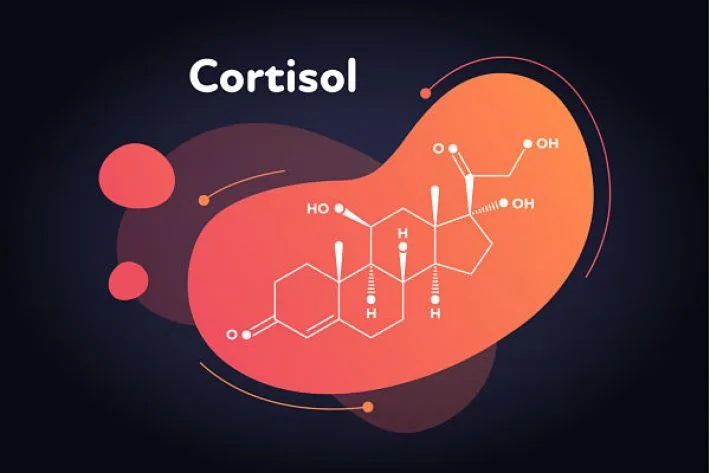Introduction
Cortisol, popularly known as the “stress hormone,” is essential for maintaining balance in the body. It helps regulate metabolism, control blood pressure, and manage immune responses. But when stress becomes chronic, cortisol levels rise, potentially wreaking havoc on health. For women in Pakistan, societal pressures and cultural expectations add unique challenges to maintaining a healthy hormonal balance.
Understanding Cortisol: A Double-Edged Sword
Cortisol is produced by the adrenal glands in response to stress. While it’s essential for short-term survival—helping the body handle immediate threats—prolonged stress can lead to consistently high cortisol levels. This hormonal imbalance can contribute to:
- Weight Gain: Excess cortisol promotes fat storage, especially around the abdomen, increasing the risk of heart disease and diabetes.
- Hormonal Disruption: High cortisol can interfere with other hormones, causing menstrual irregularities and thyroid issues.
- Mental Health Struggles: Elevated cortisol levels are linked to anxiety, depression, and even memory impairment.
Cortisol and Women in Pakistan
In Pakistan, women often juggle multiple roles as caregivers, professionals, and community members. These responsibilities, coupled with societal expectations, amplify stress levels. Whether it’s dealing with family pressures or professional challenges, the persistent stress many women face keeps their cortisol levels elevated, making them more vulnerable to health complications.
Signs of High Cortisol Levels
Recognizing the symptoms of elevated cortisol is the first step in managing it effectively. Common signs include:
- Fatigue despite adequate sleep
- Increased appetite or unexplained weight gain
- Hair thinning or acne outbreaks
- Feeling anxious or overwhelmed frequently
Natural Ways to Manage Cortisol
While reducing stress completely may not be realistic, there are strategies to manage cortisol levels effectively:
- Regular Exercise: Activities like walking, yoga, or swimming help reduce stress and maintain hormonal balance.
- Balanced Diet: Incorporate foods rich in antioxidants, magnesium, and healthy fats to support adrenal health.
- Mindfulness Practices: Meditation, deep breathing, and journaling are proven stress-relief techniques.
- Adequate Sleep: Prioritize 7-9 hours of restful sleep to regulate cortisol production.
- Seek Professional Help: If stress feels unmanageable, consult a healthcare provider for guidance.
Conclusion
Cortisol plays a vital role in stress management, but its chronic elevation can have serious health consequences. For women in Pakistan, understanding this hormone and implementing simple lifestyle changes can pave the way to better health and emotional well-being. Taking control of stress isn’t just about reducing cortisol—it’s about improving overall quality of life.
#Cortisol #WomensHealth #StressManagement #HormonalBalance #PakistanHealth #MentalWellness




+ There are no comments
Add yours